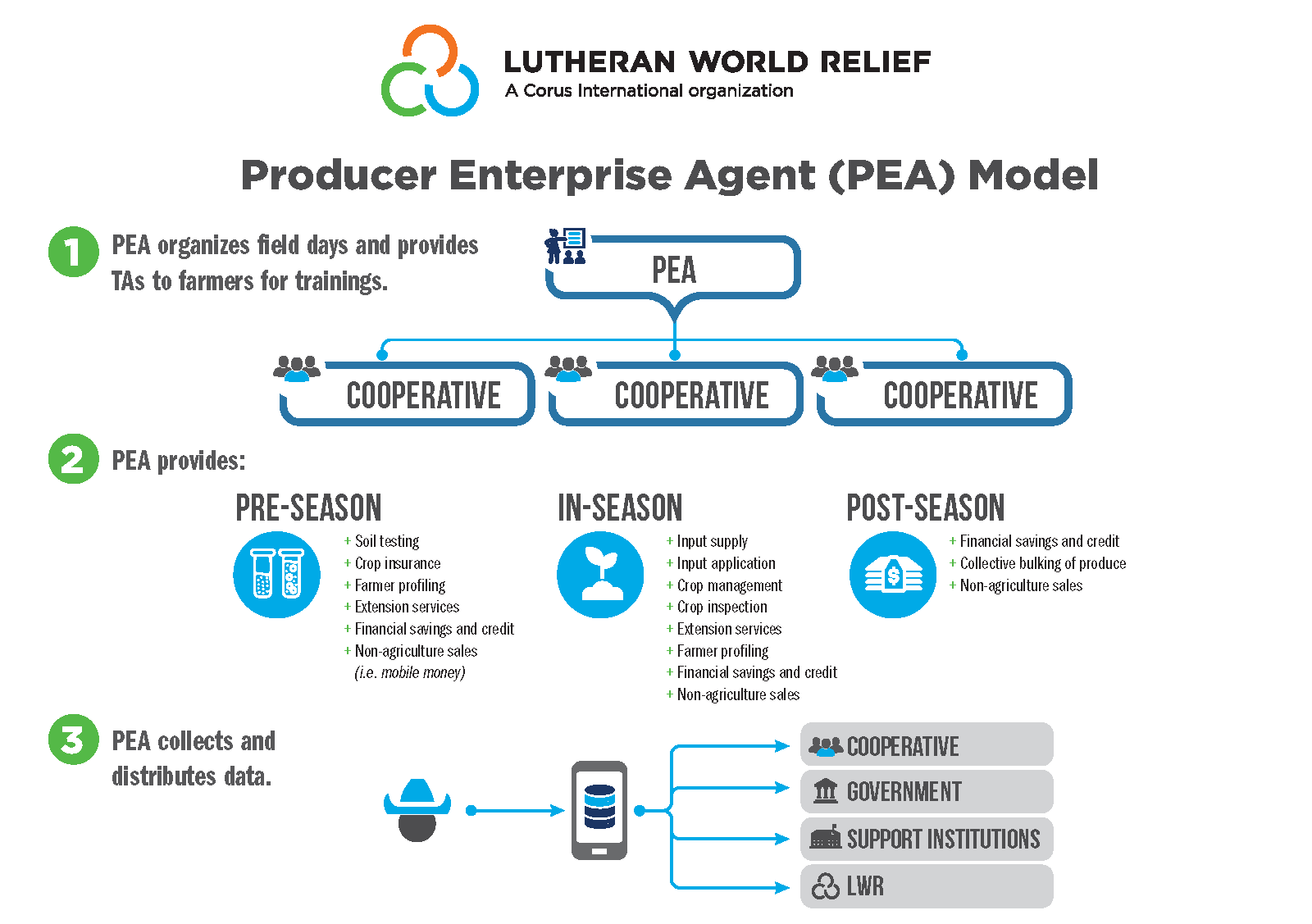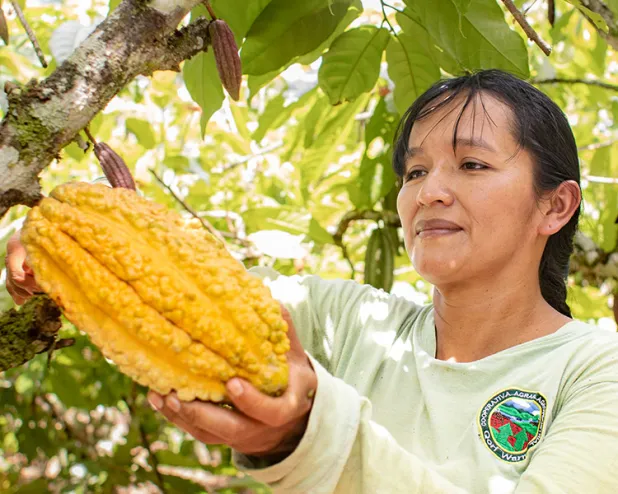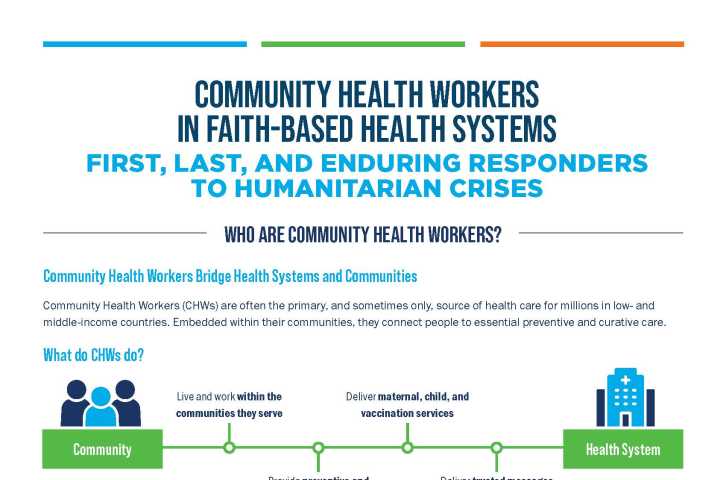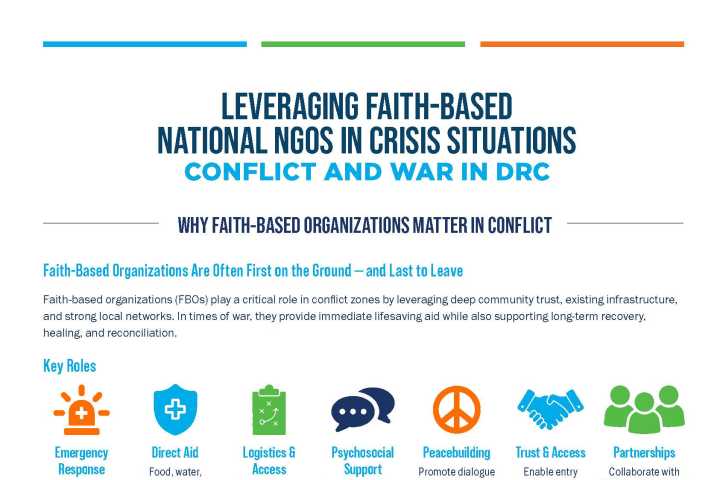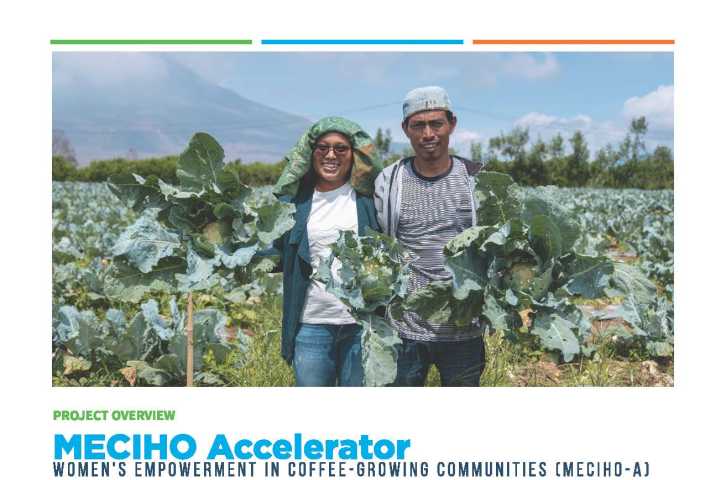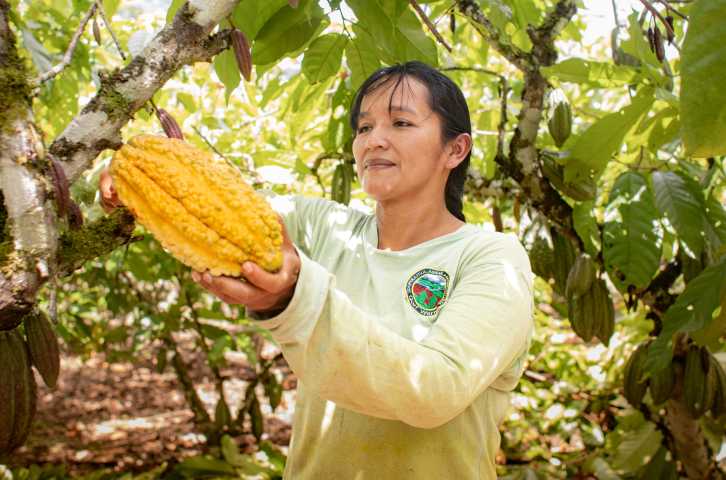At Corus, we believe there are five fundamentals everyone needs to survive. Having the ability to earn an income is one of these fundamentals.
In partnership with farmers, businesses, communities, civil society and governments, Corus works to realize agriculture’s potential to grow rural economies where everyone can sustainably earn a living.
Our approach to developing rural economies revolves around four strategic pillars:
- Agriculture and Food Security: We provide smallholder farmers and agribusinesses with the technical support and resources they need to increase agricultural production, improve post-harvest processing, storage and sales – ultimately scaling their food security and profits.
- Environment: We integrate improved management of land and water resources into our technical support to farmers as they expand their business, so that future generations can benefit from these natural resources as well.
- Private Sector Engagement: We develop market systems that promote micro, small and medium enterprise participation in a competitive environment. Additionally, we collaborate with established companies to help them achieve their ESG objectives effectively, as well as link them to social impact business in their supply chain.
- Women and Youth Economic Empowerment: We intentionally address the unique needs of women and young adults in rural settings so that they are able to participate in our programming and have the same opportunities as others to succeed in making a living.
Corus leverages the decades of expertise from its subsidiary, Lutheran World Relief, to promote fair market practices that nourish families, drive profitability, and enhance quality of life for all.
Lutheran World Relief specializes in the following technical intervention areas:
- Market systems strengthening (MSS)
- Enterprise development
- Social and behavior change (SBC)
- Agroecology
- Disaster risk reduction (DRR)
- Women’s economic empowerment
- Positive youth development
- Resilience
- Land and water resource management
- Humanitarian development nexus
Spotlight
In Burkina Faso, Corus organization Lutheran World Relief has implemented an innovative Producer Enterprise Agent (PEA) model to deliver training on production, post-harvest handling, and processing to sesame cooperative and union members. The PEAs are a new cadre of market-driven professionals, mostly young adults, that are embedded in the community, but serve as a commercial bridge to the market, embodying a local foundation for increased trade. The PEAs have been instrumental in boosting sesame yields — from 4,000 metric tons in 2016 to 166,354 metric tons in 2025 — and increasing sesame sales to 163,836 metric tons, valued at $244 million.
